Reportar esta entrada
Más sobre la misma comunidad-colección
White House Department Store in 1910s
The picture captures the White House Department Store, which ...
El Paso Sheriff's Building in 1910s
E.P. Residencies. H.R. Hildebrand, (Sheriff 1870). Image of the ...
Overview Shot of Pioneer Plaza 1910s
Overview shot of the Pioneer Plaza includes: The White House ...
Katherine Stimson's Wright Bi-Plane
Katherine Stimson's Wright Bi-Plane arriving (or departng) El ...
Overview of N. Stanton and Missouri St.
Landscape overview shot of N. Stanton and Missouri St. and a ...
Businessman Behind The Wheel Of A Truck - El Paso, Texas - 1900
Three Businessmen take care about their truck and their load in ...
Roberts-Banner Ed., Kress Ed. y Plaza Hotel
The image captures three of the most important landmarks of the ...
Mills Calle hasta Pioneer Plaza
The photograph from 2009 captures Mills Street towards Pioneer ...
United States Courthouse Albert Armendariz, Sr.
United States Courthouse Albert Armendariz, Sr. in 525 Magoffin ...
United States Courthouse Albert Armendariz, Sr.
United States Courthouse Albert Armendariz, Sr. in 525 Magoffin ...
United States Courthouse Albert Armendariz, Sr.
United States Courthouse Albert Armendariz, Sr. in 525 Magoffin ...
Sun Metro Downtown Transfer Center
The building is the Sun Metro Downtown Transfer Center located ...
Puente Internacional Santa Fe (Paso Del Norte)
Puente Internacional Santa Fe (Paso Del Norte) in 800 El Paso ...
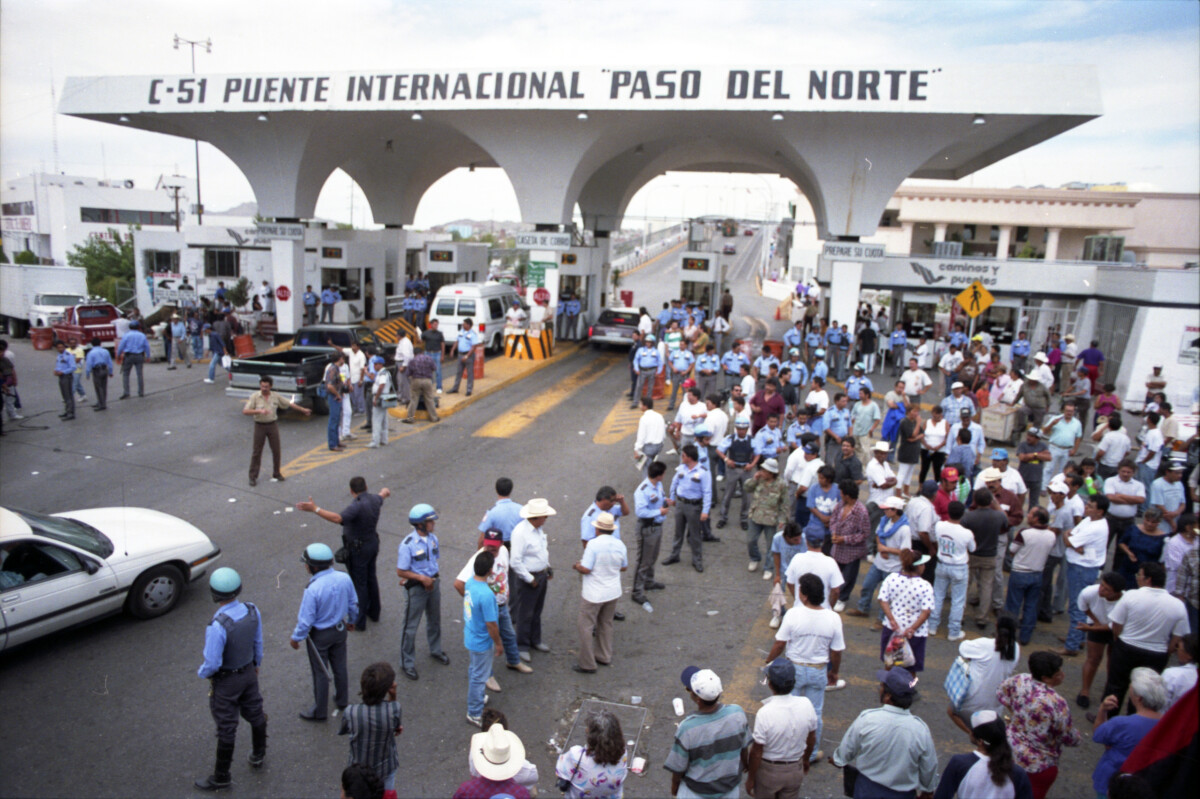
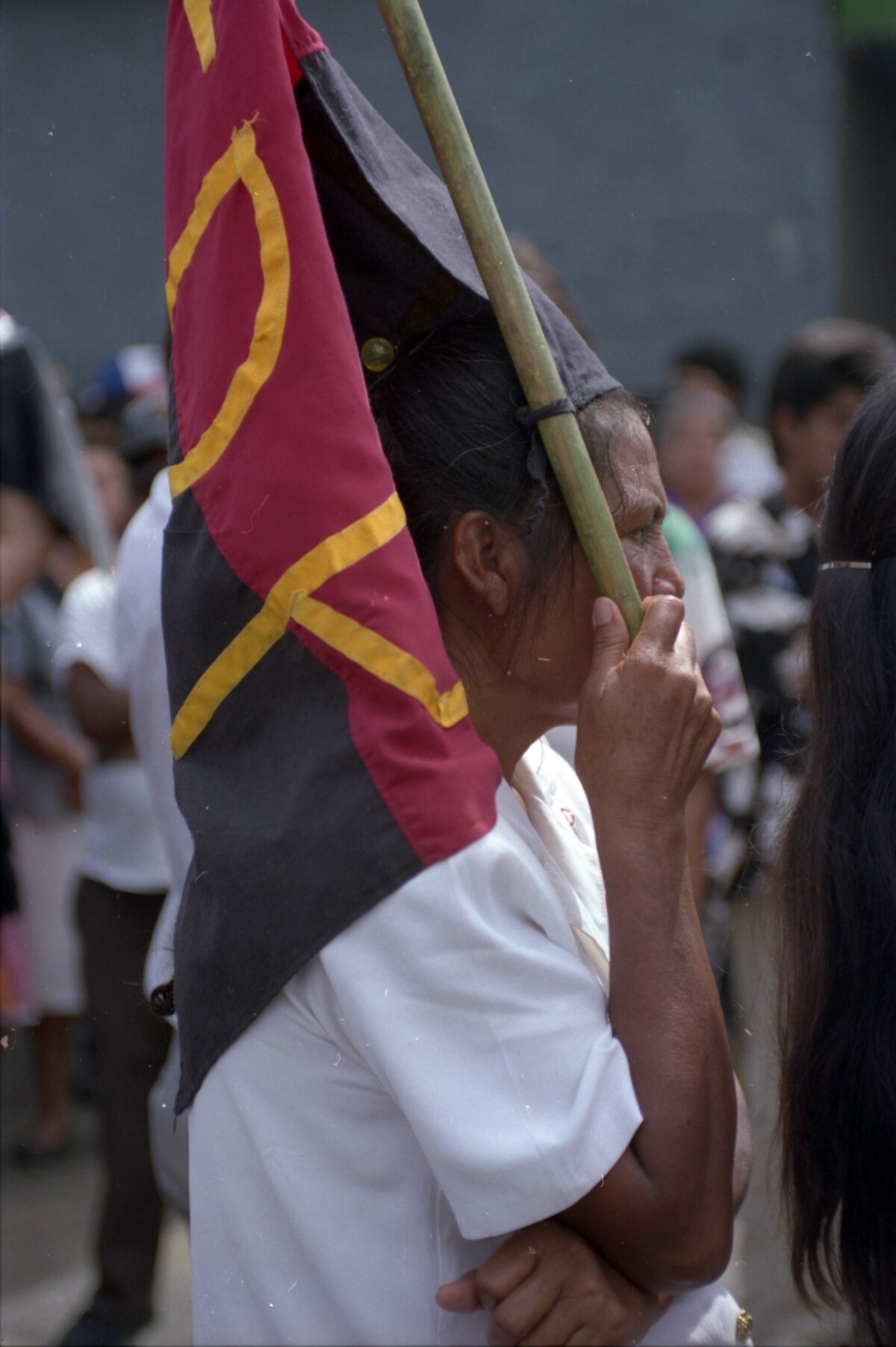
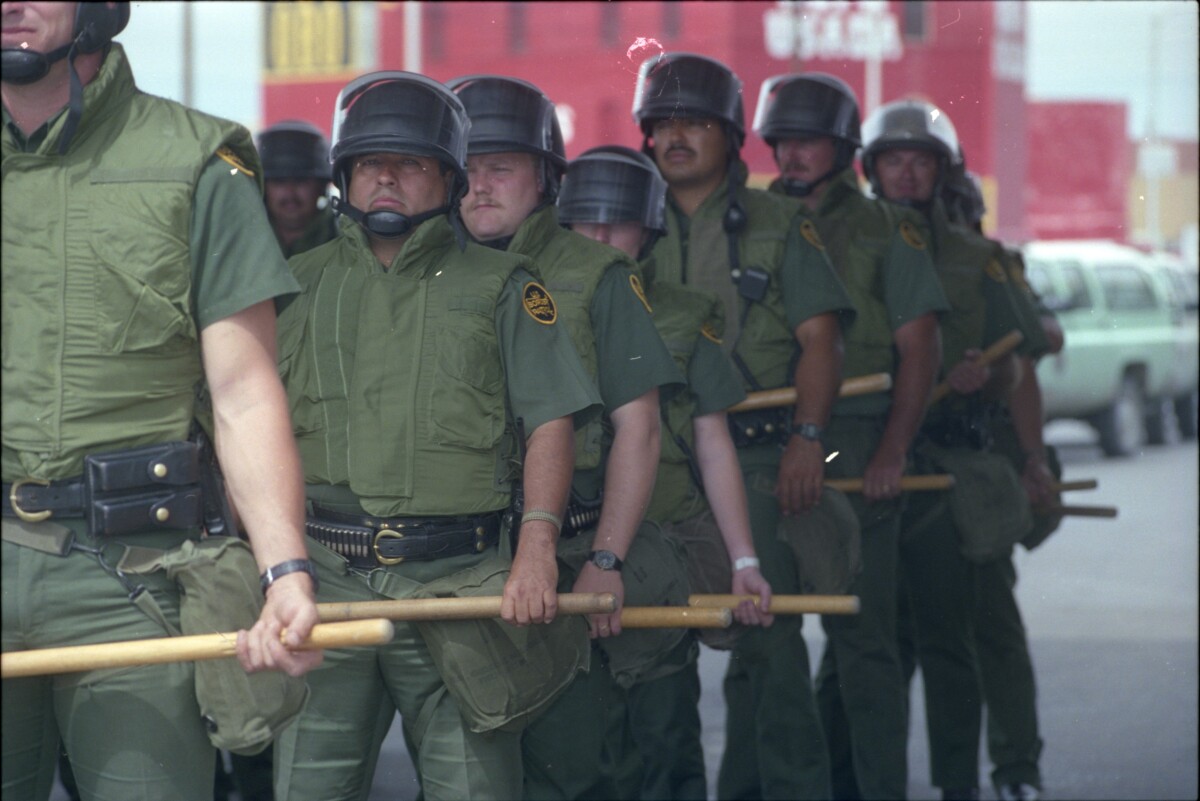
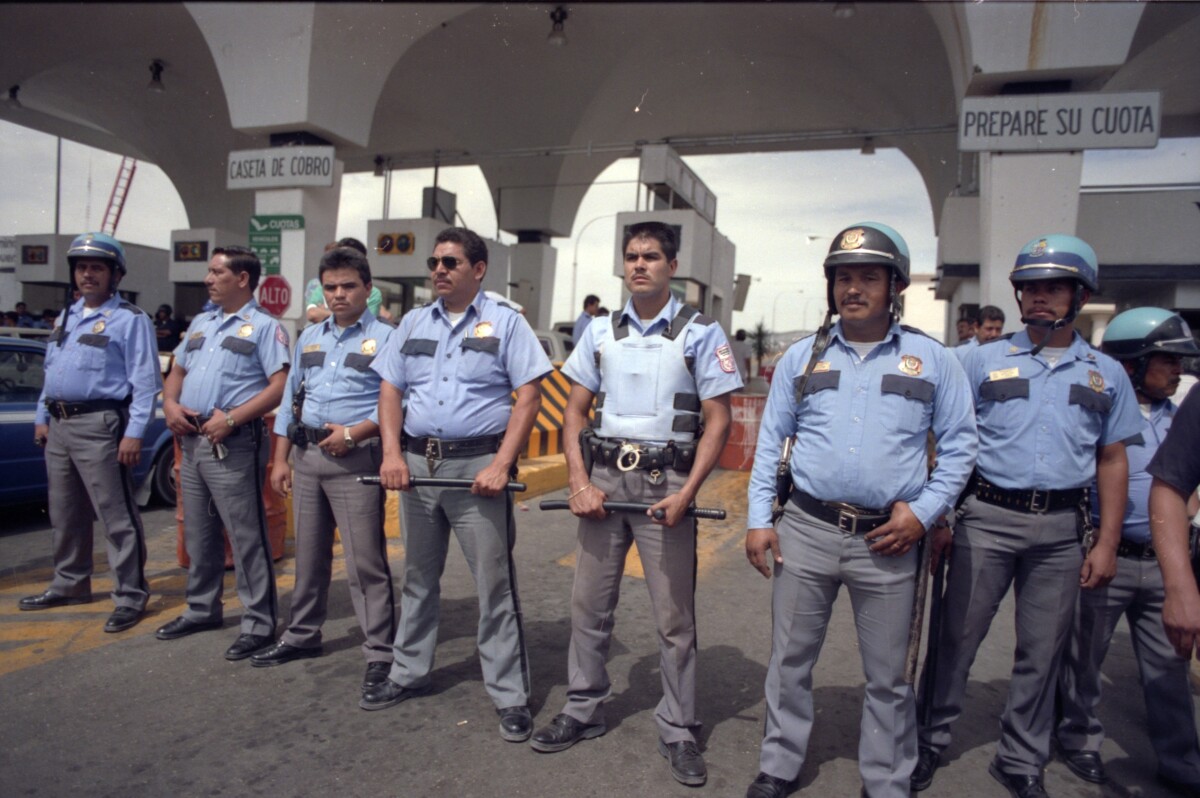
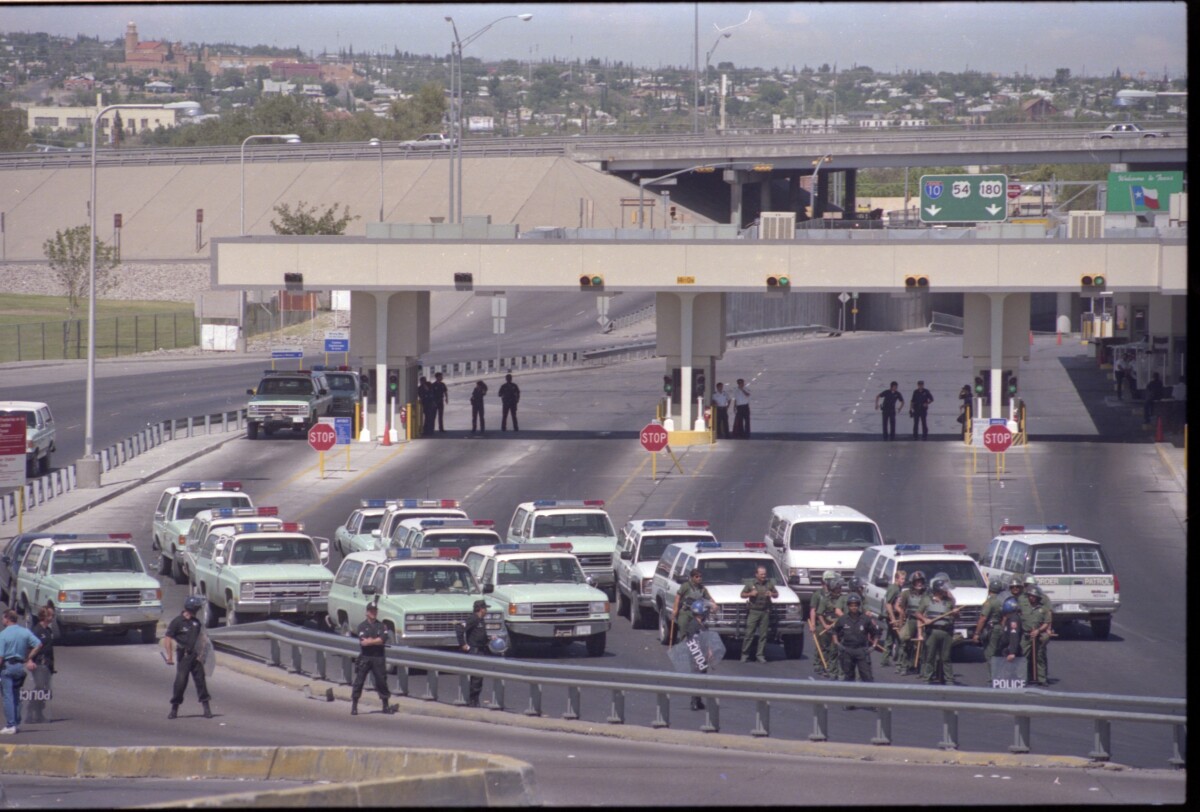
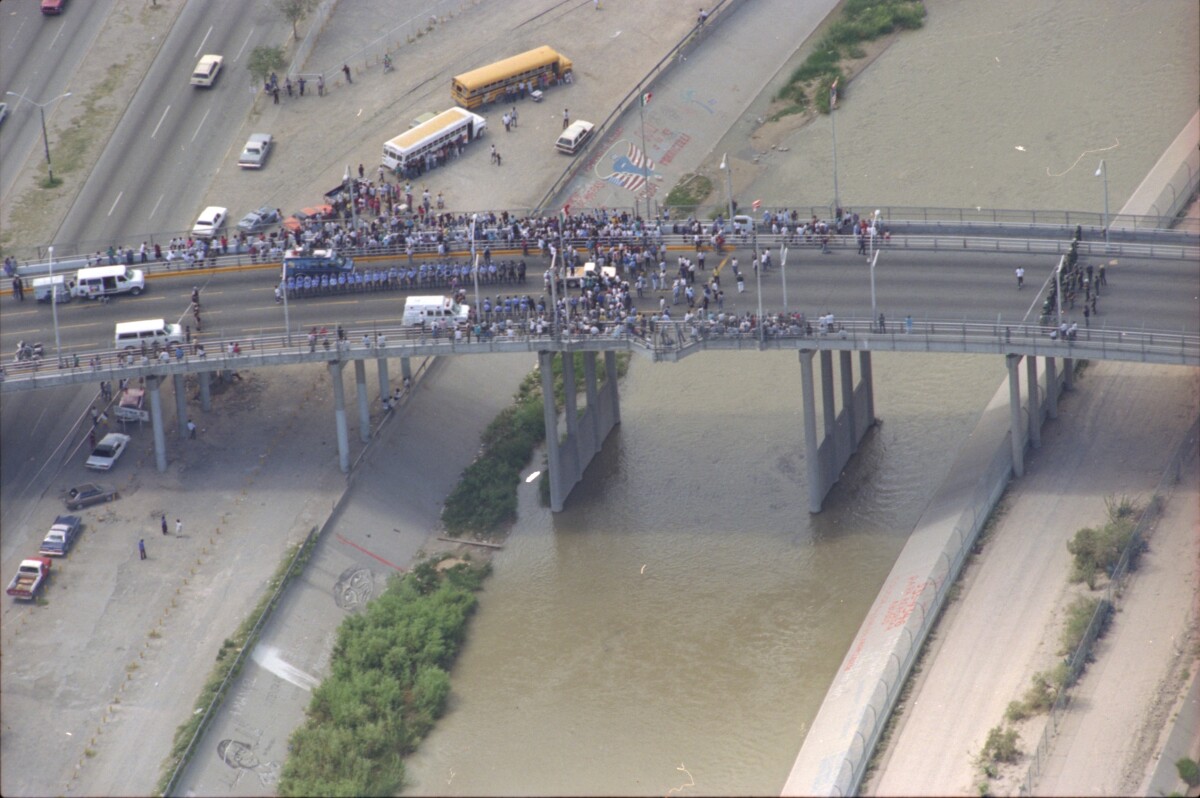
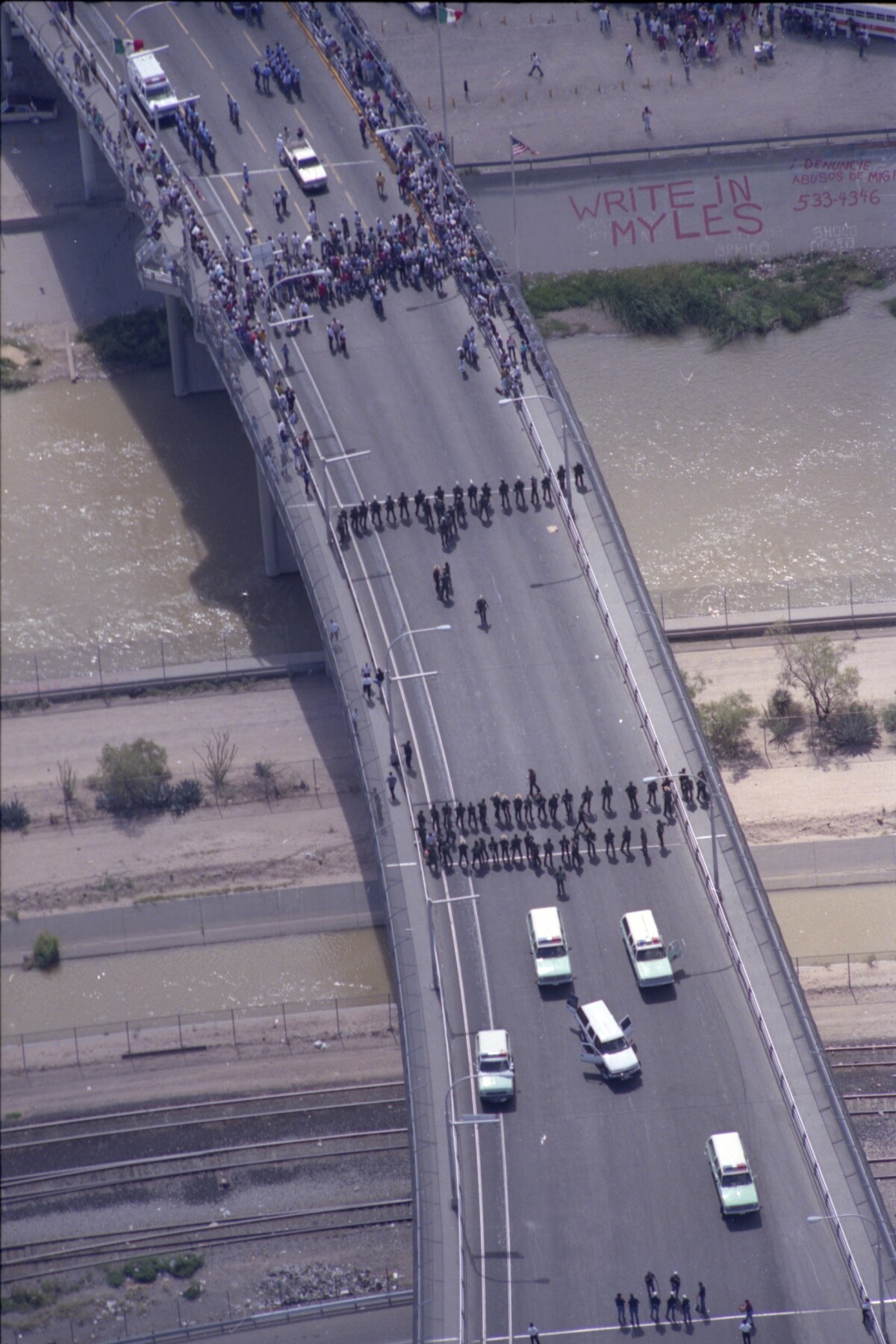
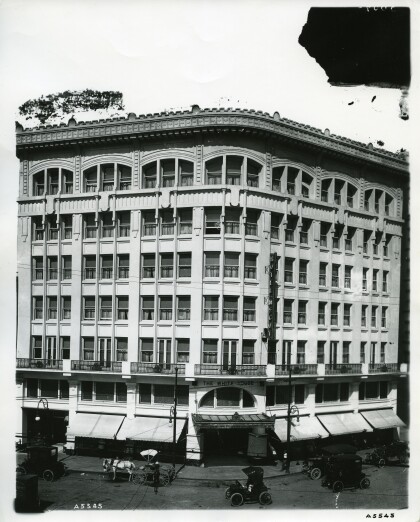
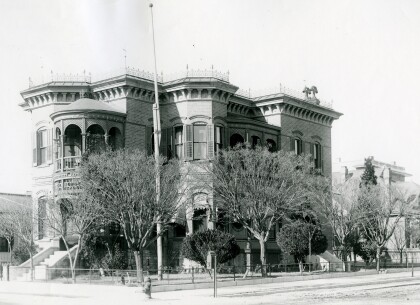
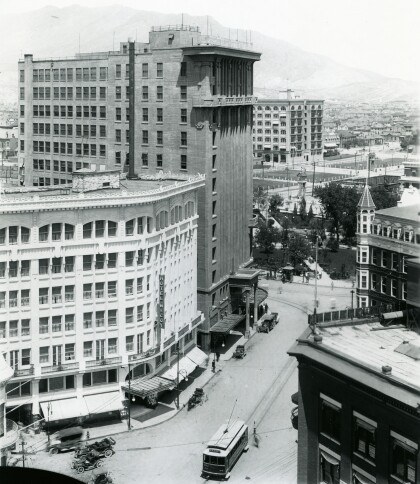
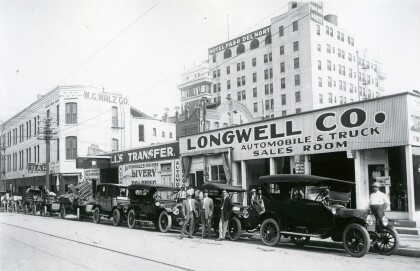
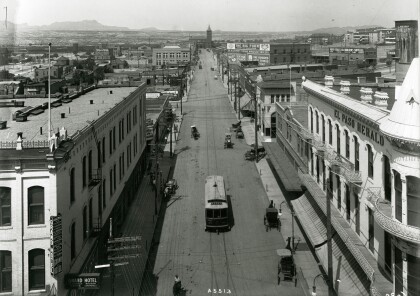
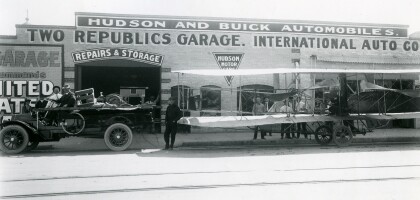
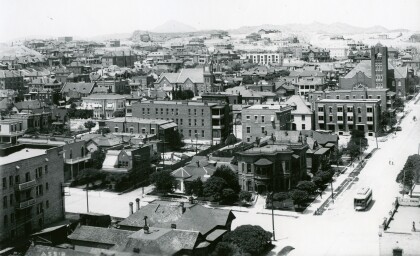
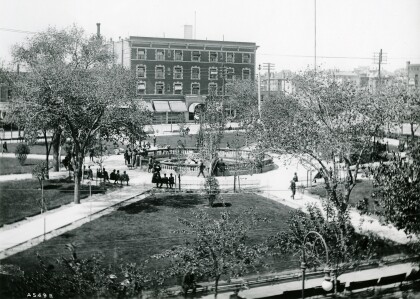
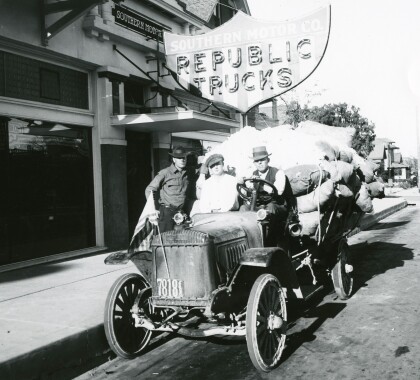
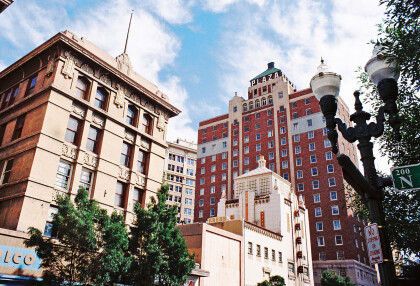
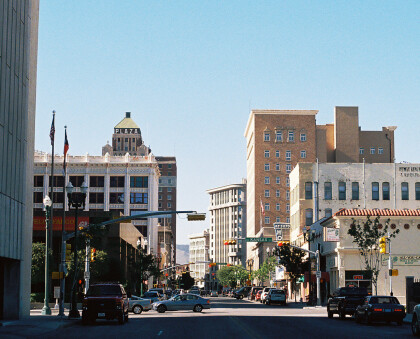
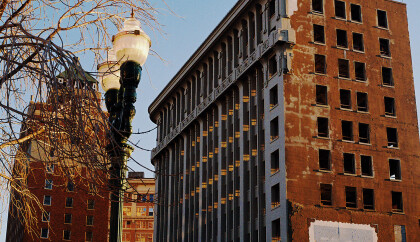
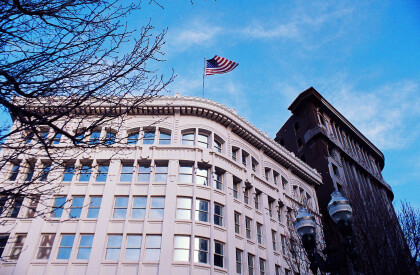
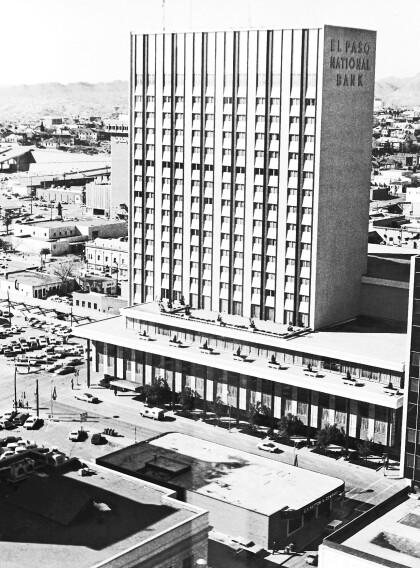
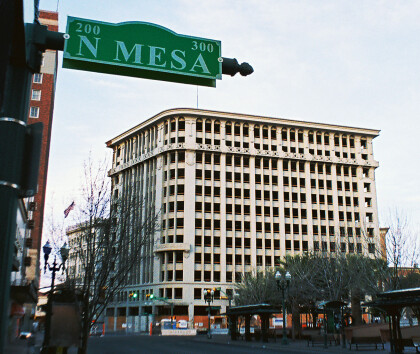
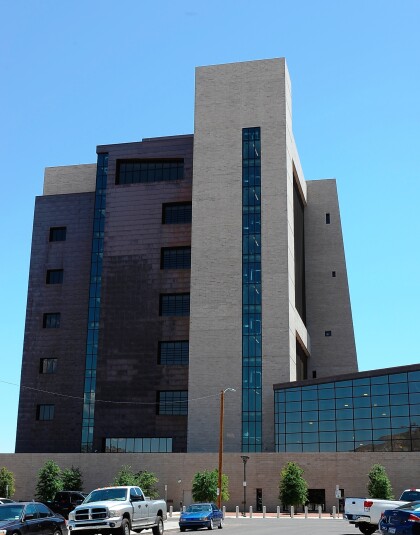
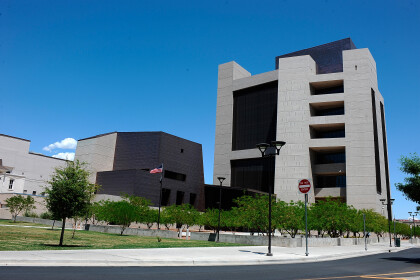
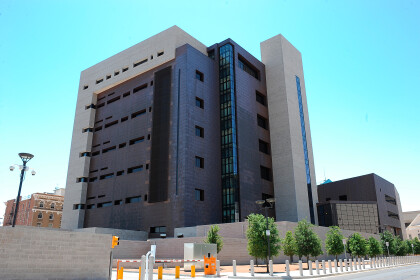
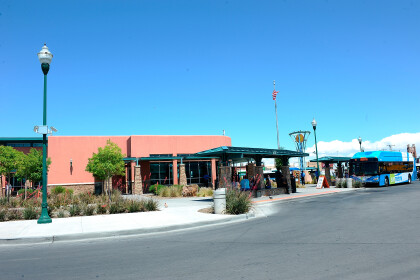
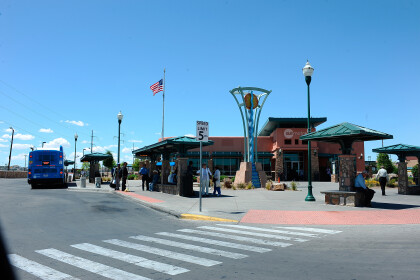
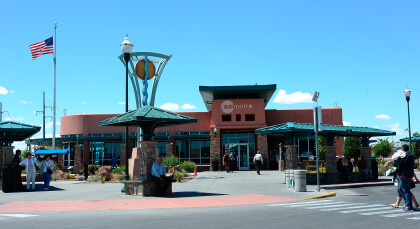
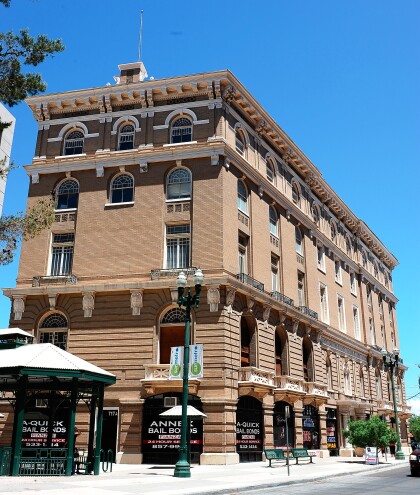
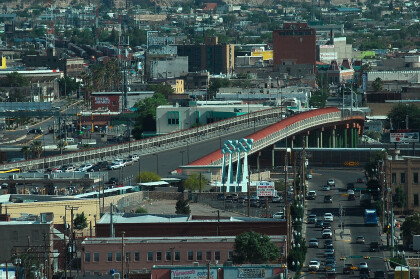
Comentarios
Hacer un comentario